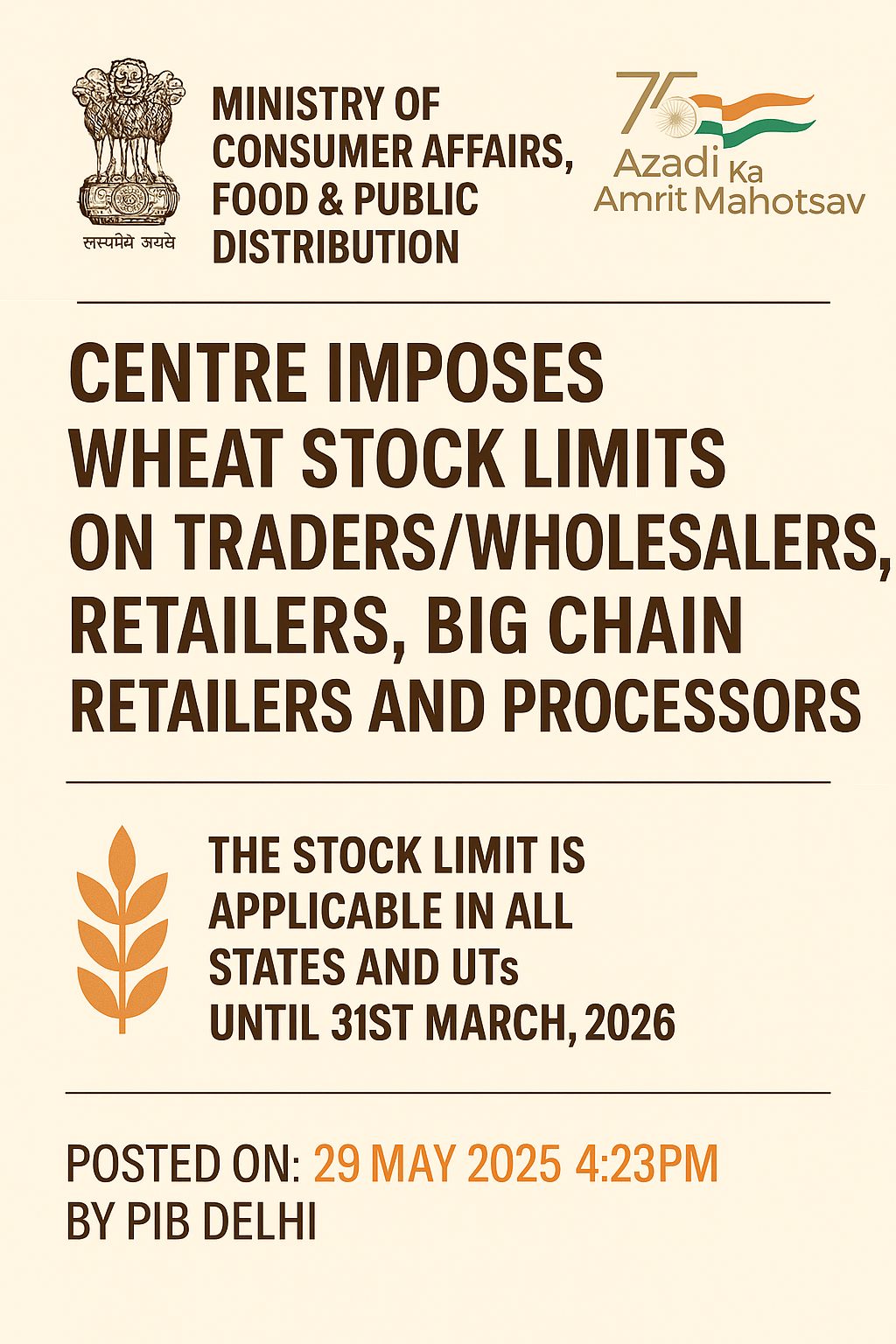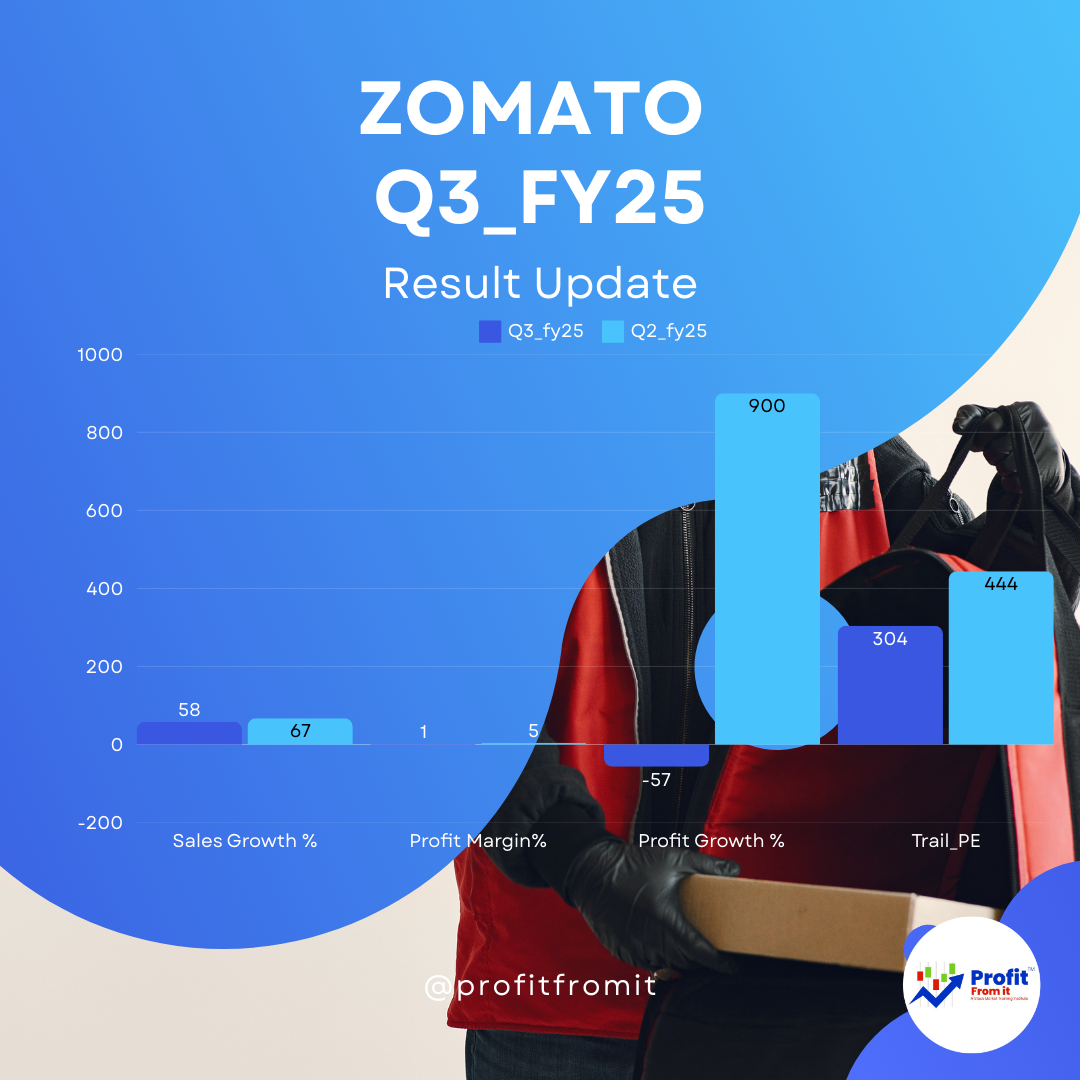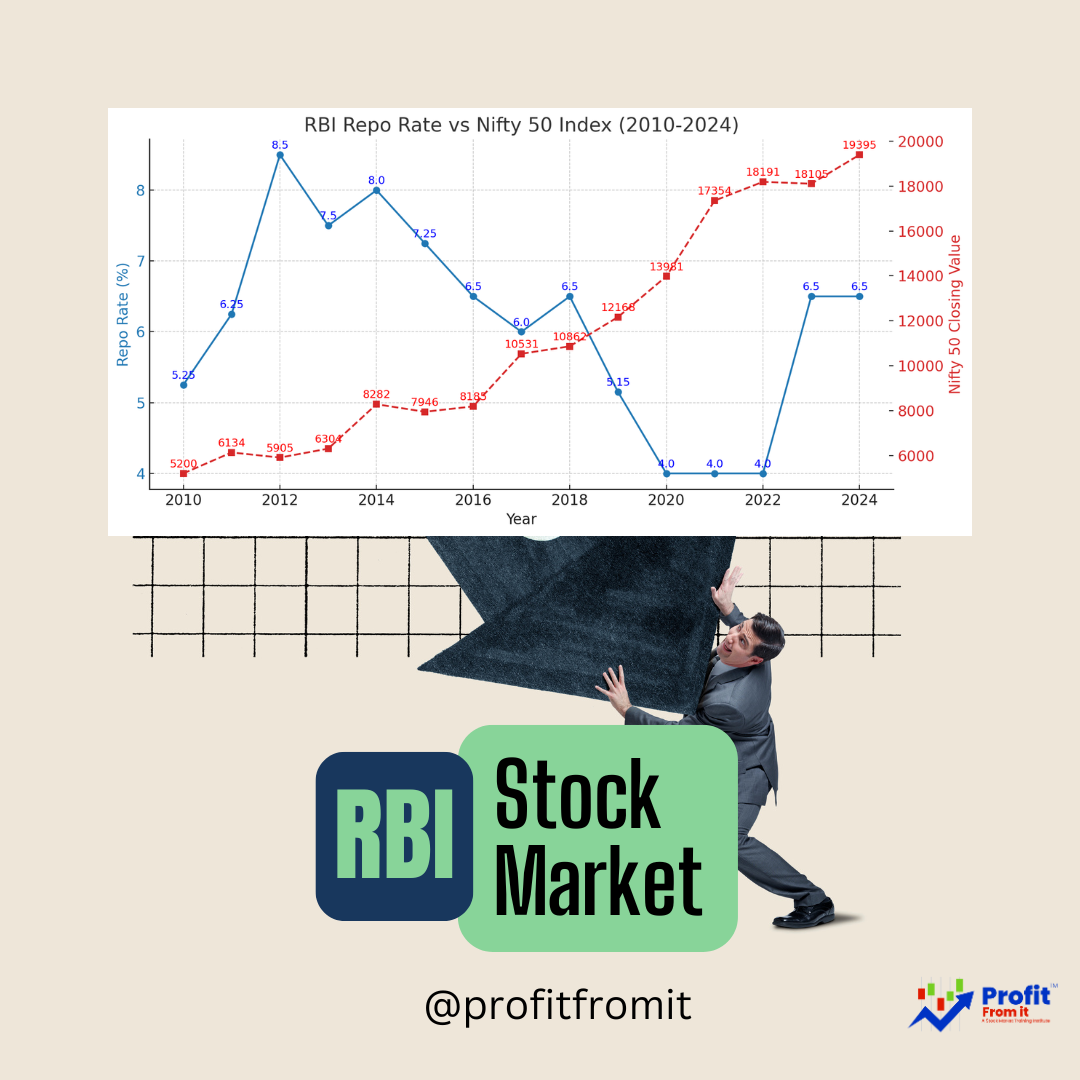
📢 Government Imposes Wheat Stock Limits: Market Implications & Investment Insights
🏛️ Policy Overview
On May 27, 2025, the Ministry of Consumer Affairs imposed stock limits on wheat under the Essential Commodities Act to curb hoarding and ensure food security. This is in effect till March 31, 2026, applying to all states and union territories.
🚨 Key Stock Limits:
Traders/Wholesalers: Max 3000 MT
Retailers: Max 10 MT per outlet
Big Chain Retailers: Max 10 MT × No. of outlets + depots
Processors: Max 70% of Monthly Installed Capacity × remaining FY months
Regular stock updates on the government portal are mandatory. Non-compliance may attract legal penalties.
🔍 Sectoral Impact Analysis
1. Food Processing Sector
🔻 Negative Pressure:
Wheat processors face a cap based on installed capacity → limits their ability to bulk-buy wheat.
Smaller processors with low MICs might be more affected.
🔼 Opportunity:
Companies with advanced supply chain management will adjust more swiftly.
Efficient procurement and diversified raw materials offer resilience.
2. Retail (Food & Staples)
🔻 Operational Adjustments:
Large retailers must closely monitor inventory per store.
May increase logistic costs due to smaller, frequent procurement cycles.
🔼 Resilience:
Organized retail chains with tech-enabled stock systems can manage compliance better.
Demand consistency benefits volume players.
3. Agricultural Commodities Trading
🔻 Restriction:
Traders lose the edge of hoarding and speculating on prices.
Potential impact on profit margins.
🔼 Stability:
Discourages manipulation and may stabilize price trends in grain trade.
📈 Who Might Win or Lose?
| Category | Potential Winners | Potential Losers |
|---|---|---|
| Wheat Processors | Companies with high MIC, strong logistics, and multi-crop capabilities (e.g., ITC, Britannia) | Small processors dependent heavily on wheat |
| Retail Chains | Large chains with ERP & inventory control (e.g., DMart, Reliance Retail) | Stores with poor logistics and thin inventory control |
| FMCG Players | Firms with diversified staples portfolios and supply chain tech (e.g., HUL, Nestlé India) | Over-dependent firms on single-commodity arbitrage |
| Agri-Trading Firms | Entities aligned to forward trading & structured supply (e.g., Adani Agri Logistics) | Hoarding-based local traders |
🧭 Long-Term Investment Strategy
✅ Characteristics of Stocks to Watch:
Efficient Inventory Management – Responds well to government restrictions
Diversified Product Portfolio – Reduces dependency on wheat
Strong Distribution Network – Ensures compliance with supply limits
Stable Margins – Consistent profitability even under regulation
📌 Stocks/Companies to Research Further:
ITC Ltd. – Significant wheat processing business, also diversified across FMCG
Britannia Industries – Strong brand and product diversification
Nestlé India – Indirect impact but resilient food player
Adani Agri Logistics – May benefit from organized, transparent grain logistics
Avenue Supermarts (DMart) – Robust inventory systems and store-level management
Hindustan Unilever (HUL) – Wide FMCG range with operational efficiency
🔄 Strategic Conclusion
The stock limit regulation aims to stabilize prices, protect consumers, and avoid artificial scarcity. For investors:
This is not a panic signal, but a call to assess operational agility of food-related companies.
Companies with strong supply chains and diversified inputs will adapt and may thrive long-term.
Monitor quarterly results for inventory turnover, gross margins, and volume trends to validate these effects.



 for Investors The provided chart outlines key metrics for Nifty 500 companies across different periods (FY22 t.png)





